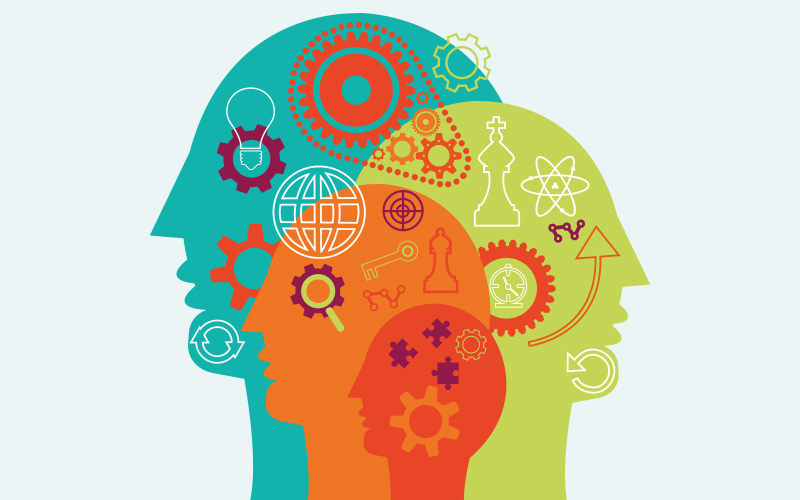Zoé Andrews, a Trainee Biomedical Scientist from Guernsey, looks at autism and how to help if a colleague has the disability.

Autism is a neurodevelopment disability that uniquely affects autistic people in different ways. In the UK, it is estimated that there are 700,000 autistic people.
Is it classed as an illness?
No, autism is not an illness. It is a disability that can affect various aspects of an autistic individual’s life and can be combined with other disabilities or health conditions.
How is autism diagnosed?
Autism is usually diagnosed in childhood using a multi-disciplinary team consisting of an educational psychologist, clinical psychologist, autism diagnostic practitioner, speech and language therapist, paediatric consultant, and occupational therapist. This process can take two to four years and is accompanied by many observational visits, assessments within the school and genetic blood tests.
What might an autistic colleague struggle with?
It is essential to highlight that every autistic person may have individual struggles, which will vary. The lab environment can be overwhelming. A colleague with autism might have trouble with loud noises, cold temperatures and strong smells.
Are autistic people likely to have other conditions?
Other conditions can accompany autism, most commonly other neurodivergent conditions such as ADHD, depression, dyslexia or/and dyspraxia. Other conditions that can be common are Ehlers-Danlos syndrome, epilepsy, and gastrointestinal issues.
What steps should management take in the workplace to accommodate those with autism?
Colleagues need to inform their line managers of their autism so adaptations can be made, if required. If management is not aware of what autism is or how it affects an individual, there are plenty of online training and resources available. All autistic staff should be managed individually and an assessment should be done on what they may struggle with and if any support is needed in completing tasks. An example is that noise can be overwhelming, so it may be an idea to let an autistic colleague wear ear defenders when completing some tasks if it is around a noisy analyser or equipment. Another example could be that they find certain smells overwhelming, so they could be given a different job instead. It’s all about the management taking time to understand their staff member and make reasonable, safe adjustments, if needed.
How can colleagues help?
Workers can talk to autistic colleagues about their condition, or they can approach management for training. We are all responsible for our CPD, so using that time to partake in some activity about autism would be a significant step towards inclusion.
Is there any training for management?
Yes, there are lots of training materials for management out there. The National Autistic Society (NAS) has an online training course, “Autism in the workplace”, and it is suitable for staff of all grades.
Are there helpful sources for further information?
The National Autistic Society is great for resources and learning. I highly recommend The Pocket Guide to Neurodiversity by Daniel Aherne for anyone new to managing or wanting to learn about neurodiversity and inclusion. It is a great management tool focusing on communication and helpful adaptations for autism and other neurodivergent conditions.
Image credit | iStock
